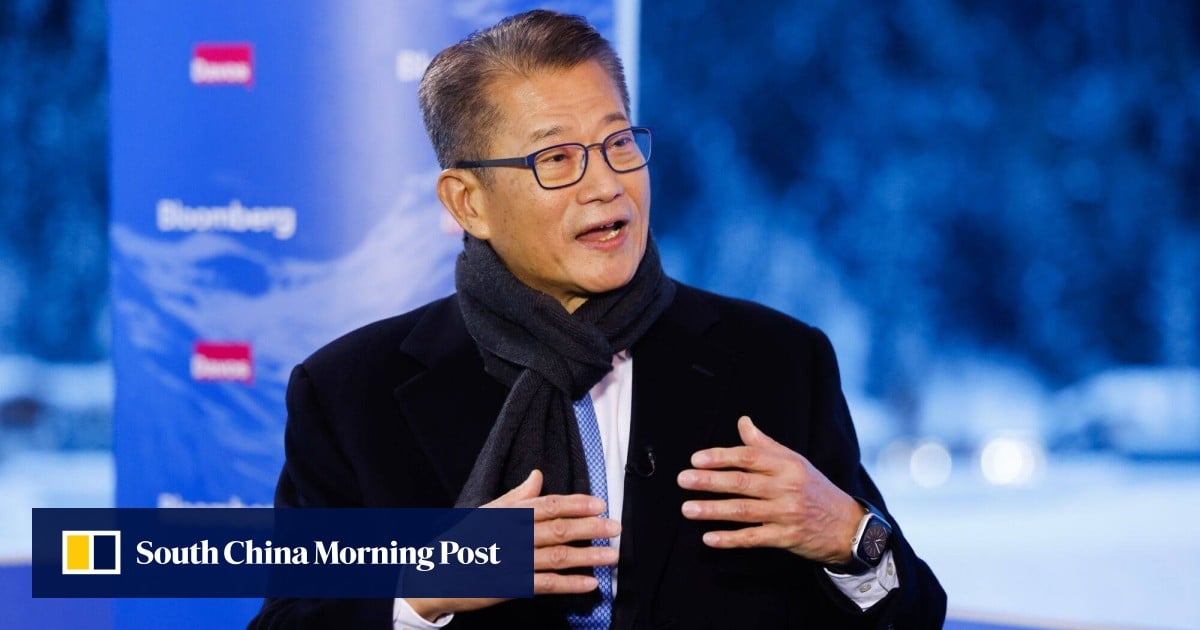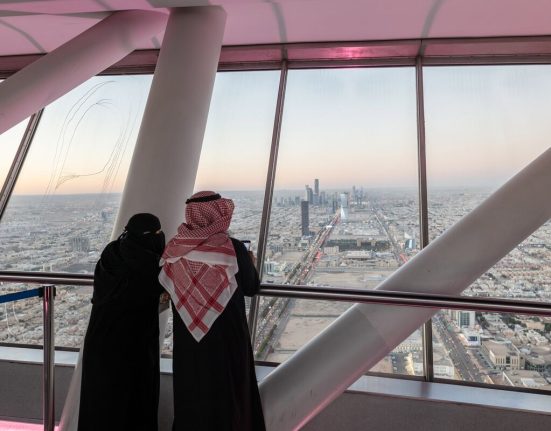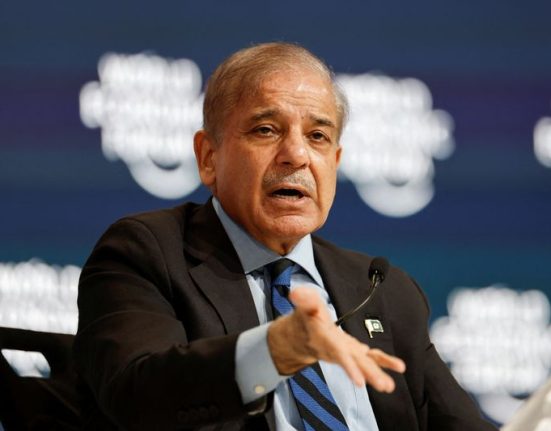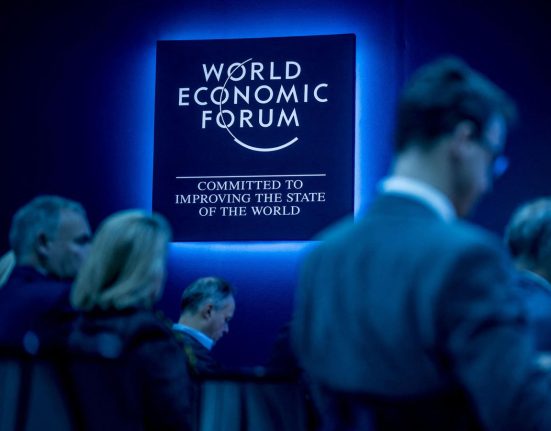Global business and political leaders meeting Hong Kong’s finance chief during a high-profile summit in Switzerland are more concerned about the city’s economic developments than impending home-grown national security legislation, the top official has told the Post.
“Although they have some concerns about the economic development on the mainland and its consequential impact on Hong Kong … [I am taking] … this opportunity to explain to them our efforts in the past year, in terms of attracting strategic enterprises and talent to come to Hong Kong,” he said.
“They are impressed by the achievements that we have so far, and I [have also taken] … the opportunity to explain to them how we are going to further enhance the competitiveness, [and] grow our innovation and technology sector.”

Chan added the summit participants were impressed by Chinese Premier Li Qiang’s speech in Davos on Tuesday, in which he talked about the continuing opening up of mainland China and the strategies the country was taking to foster high-quality development.
“[Article 23] has been mentioned, but not very frequently. And they understand this is a legislation that we have to pass,” Chan said.
“Some of them have the view that perhaps get this legislation passed as quickly as possible and then let’s move on and focus on doing business and how to use Hong Kong as a platform to capture the opportunities in mainland and Asia.”
Article 23 requires Hong Kong to enact its own laws to penalise acts of treason, secession, sedition and subversion against the central government. It must also target theft of state secrets and the influence of foreign political groups in local affairs.
Hong Kong finance chief rules out capital gains tax for ‘foreseeable future’
Hong Kong finance chief rules out capital gains tax for ‘foreseeable future’
Chan stressed that his discussion with leaders at Davos remained focused on business opportunities.
“Still there are quite a number of them who haven’t been to Hong Kong for quite some time,” he said. “So they are keen to find out more … and we are going to have a number of mega events this year. I invite them to come to see for themselves, because seeing is believing.”
He was also meeting companies, including tech unicorns, which he invited to set up shop in Hong Kong, the minister added.
Hong Kong, Saudi Arabia eye deeper cooperation, Arab expansion into Asia
Hong Kong, Saudi Arabia eye deeper cooperation, Arab expansion into Asia
On his first day in Davos, Chan met Nigerian Vice-President Kashim Shettima, an American stablecoin issuer and an Israeli artificial intelligence company.
During discussions with Saudi finance minister Mohammed al-Jadaan, Chan hailed the “encouraging progress” in expanding cooperation between the country and Hong Kong over the past two years and said he looked forward to further boosting financial and business ties.
On his second day, Chan met World Bank president Ajay Banga and exchanged views on enhancing investment and financing for green and sustainable projects, and collaboration among southern countries.
He also attended a breakfast and round-table meeting organised by a multinational bank, in which he spoke about the latest economic and social conditions in Hong Kong.







